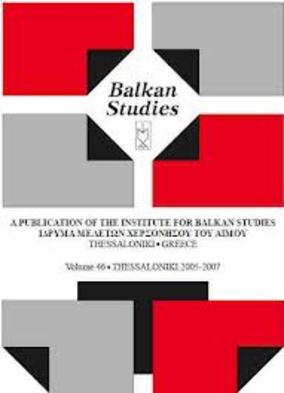The geopolitics of energy in Southeastern Europe : The case of oil and gas pipelines
Part of : Balkan studies : biannual publication of the Institute for Balkan Studies ; Vol.39, No.2, 1998, pages 323-338
Issue:
Pages:
323-338
Section Title:
Articles
Author:
Abstract:
The evolutions in the field of energy systems within the geopolitical zonesof Eurasia and SE Mediterranean have deteriorated the situation in theBalkan Peninsula. Today, oil and natural gas present a new dynamic challengein the Balkan region. The map of energy, as drawn in the next century,comprises the existing oil and natural gas pipeline networks as well as theconstruction of new networks in combination with harbour and oil facilities.The main protagonist of the energy network game in Eurasia is Russia, beingowner and distributor of the energy resources of Caucasus. Greece andBulgaria take advantage of the Russian interests, so as to intervene in thepipeline issues. Turkey is the “natural” continental exit of the energy wealth ofCaucasus and Central Asia. At the same time, Turkey controls the last stageof exit of oil reserves from the former Soviet Union to the Mediterranean Sea.From its ports, the tankers, crossing the Black Sea, transported oil to theMediterranean Sea and the markets of the West through the Bosporus Straitsand the Dardanelles.
Subject:
Subject (LC):
Keywords:
Geopolitics of Energy, Oil and Gas Pipelines
Notes:
This essay has been translated in English by Panayotis I. Kelandrias, Teaching andResearch Fellow of the Ionian University, Department of Foreign Languages, Translationand Interpreting.




